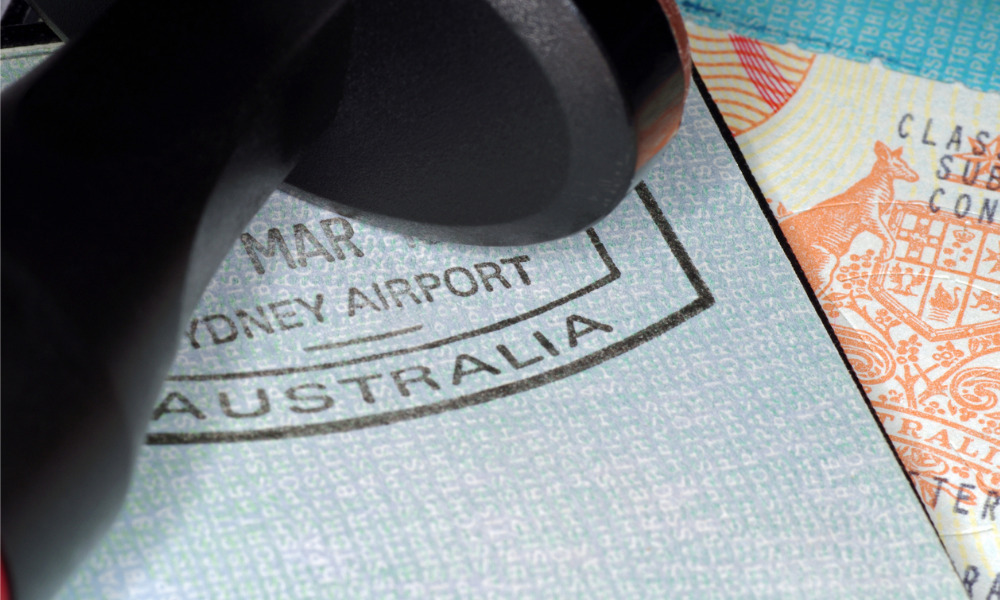
COVID-19 relief measures have been introduced

by Carolyn Dorrian, founder of Dorrian & Co
In efforts to combat the spread of COVID-19, the Australian Government has reinforced nationwide lockdown policies to enforce social distancing and restrict the movement of all non-essential workers.
Recent and consistent changes to working requirements and restrictions however have caused confusion and concern for employers and workers alike. The closing of public facing businesses has significantly impacted temporary visa holders who have often lost their jobs in heavily casualised industries.
With over 1 million temporary visa holders, most of whom have work rights, the widespread job loss in Australia has had a devastating financial impact on temporary migrants, including international students, backpackers, graduates, seasonal and sponsored workers and refugees. As well as not being able to meet their basic living needs, temporary migrants are challenged in meeting their Visa requirements, especially without eligibility to support through JobKeeper and JobSeeker support packages.
Read more: Supreme Court awards worker nearly $1M after employer found negligent
To try and mitigate the impact of working restrictions on temporary visa holders, the Australian Government has introduced amendments to regulation on visa and visa application requirements.
The Migration Amendment (COVID-19 Concessions) Regulations 2020 (COVID-19 Concessions) has amended the Migration Regulations 1994 (the Migration Regulations) to assist certain temporary and provisional visa holders, including individuals who are on a pathway to permanent residence, who have been disadvantaged by the consequences of the COVID-19 pandemic, such as border closures, restrictions imposed on businesses and the general economic downturn.
Schedule 1 to the COVID-19 Concessions Regulations outlines the amendments to Migration Regulations in six ways:
Read more: Fair Work: How do maximum term contracts work?
The Subclass 887 visa is a permanent visa and the COVID-19 Concessions assist holders of qualifying provisional visas or related bridging visas, who are on a pathway to the permanent visa.
The 485 visa is a temporary visa for post study skilled work assisting graduates and their families who are on a pathway to the permanent visa. COVID-19 Concessions assist holders in the time of application requirements by:
This is particularly beneficial for international students employees who may be affected by ongoing or future travel restrictions.
Whilst the COVID-19 Concessions demonstrate an unprecedented reconsideration of Visa and work requirements for temporary migrants, feedback and recommendations provided to the Australian Government suggests that these measures alone are insufficient. Along with the financial consequences of the pandemic, the government faces further long-term challenges to the reputational of Australia as appealing and supportive to temporary visa holders.